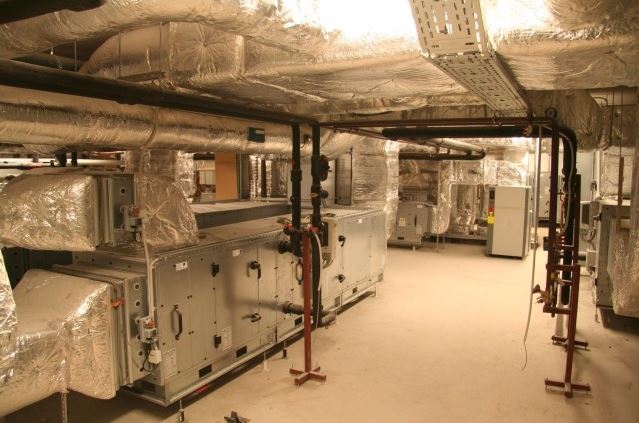Republic of Lithuania
| Date: | 27.4.2015 |
|---|---|
| Country: | Lithuania |
| Customer: | Republic of Lithuania |
| Amount in EUR: | EUR 100 million |
| Maturity: | 20 years |
| Business sector: | Public Sector & Utilities |

Financing from NIB Environmental Bond proceeds
NEB-eligible share: 100%
NEB category: Energy efficiency
Amount disbursed: EUR 100 million
This project has been financed with the proceeds of NEBs issued under the previous framework
Note: For loans in other currencies than EUR, the equivalent in EUR is based on the exchange rate effective for the disbursement. Read more about the NIB Environmental Bonds
Project
The loan has been provided to finance an energy efficiency and renovation programme for public and residential buildings. The first phase of the programme, co-financed through a NIB loan, was implemented in 2009–2014. It included renovations and energy efficiency improvements to 362 apartment buildings and 50 public buildings. The second phase covers renovations of apartments with a total surface area of 4 million square metres along with 49 public buildings, mainly hospitals, health centres and community centres.
Some 85% of all Lithuania’s governmental and municipal buildings were built before 1990 and fail to comply with current regulatory requirements. The energy efficiency programme aims to create energy savings of 36.6 GWh in public buildings by 2020. In Lithuania’s residential infrastructure, the share of buildings constructed prior to 1991 is 96%. For this sector, the programme has the objective of reducing the use of heating energy by 30% compared to 2004.
Fulfilment of NIB's mandate
The programme will help to address a key government priority of increasing energy efficiency by renovating and modernising existing buildings to reduce thermal energy consumption by up to 30% from the 2004 level by 2020. Energy is currently wasted in heating poorly constructed and maintained buildings, resulting in impaired habitability and functionality. Successful implementation of the project is likely to decrease unnecessary energy consumption, greenhouse gas emissions and additional costs to the government in form of subsidies for heating tariffs. In the end, the renovations will also raise living comfort through improved physical facilities and indoor air quality.
Sustainability summary
The project has no potential for significant negative impact.

